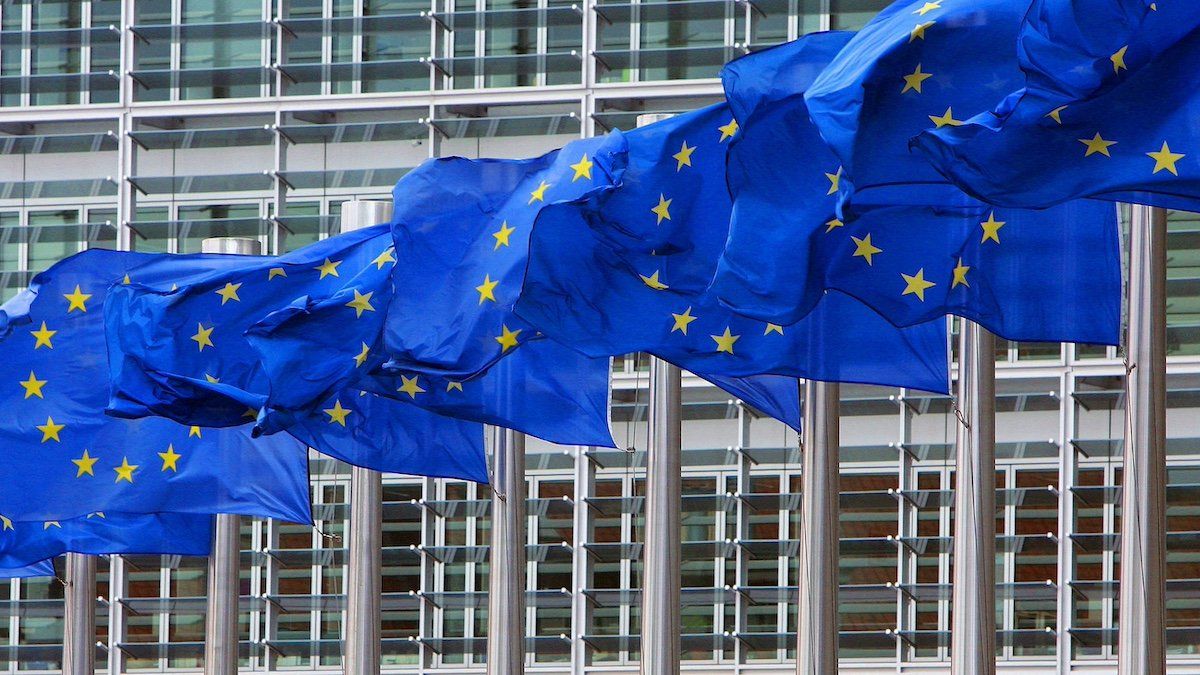We broke down how voters across the European Union’s 27 member states cast their ballots in European Parliament elections this weekend, but how exactly do these elections work, and why should you care?
The European Parliament is where the European Union writes bloc-wide laws. Members of the European Parliament, or MEPs, selected in this year’s election will determine Europe’s approach to everything from the war in Ukraine and immigration to the green energy transition for the next five years.
The basics: Each country is allocated a fixed number of seats proportional to its population, like the US House of Representatives. The number of MEPs ranges from six for the smallest countries, like Luxembourg or Malta, to 96 for Germany, totaling 720. Explaining the process is a bit daunting: Each country may hammer out just how it fills the seats allotted to it. Some use a closed party list, wherein voters don’t choose a particular candidate per se, while others allow voters more control, and Malta uses a single transferable vote system.
Once that is all sorted, national parties then organize themselves to form supranational political coalitions based on ideology, not nationality. There are seven right now, ranging from Identity & Democracy on the far right to Renew Europe and the European People’s Party in the center to The Left on – yep – the left.
What to watch: The far right did well, as we explained elsewhere, but their division into two rival supranational blocs will limit their cohesion. Plus, the centrist European People’s Party bloc remains the largest in Parliament, and it looks able to keep incumbent European Commission President Ursula von der Leyen calling the shots in Brussels.